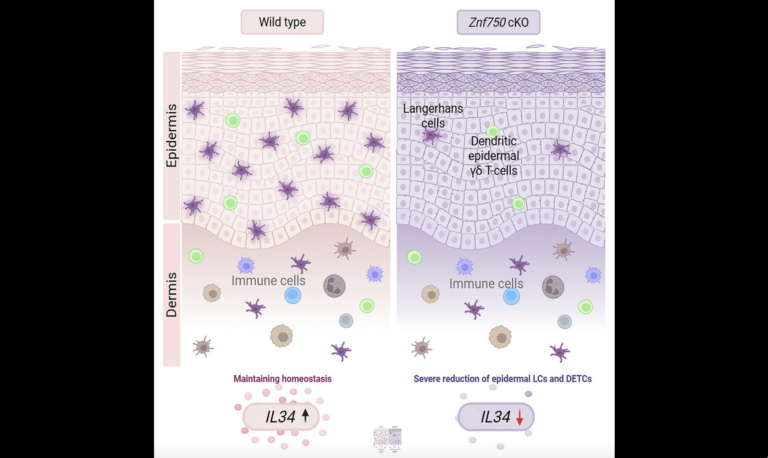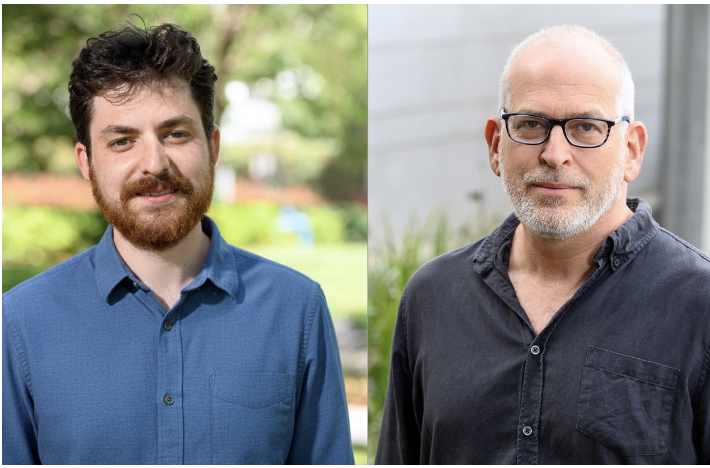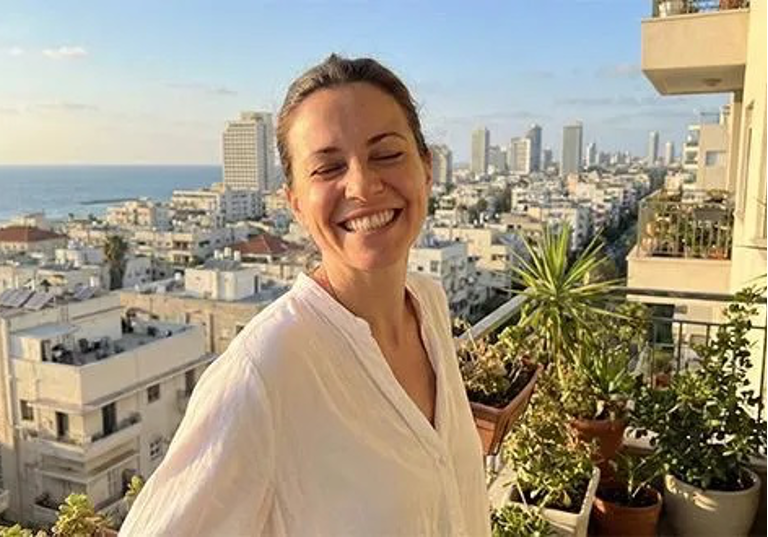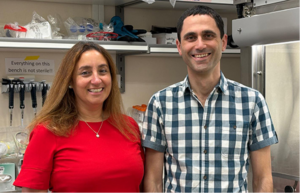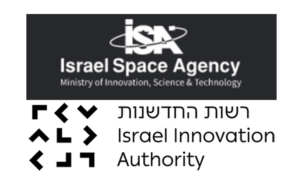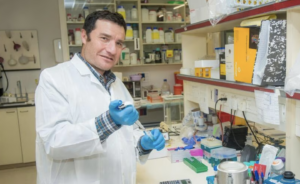Hadassah, Palestinian, and German Triumverate Rescues Children with Severe Immune Defects

A tripartite collaboration initiated by the Hadassah Medical Center with Palestinian and German colleagues, dedicated to the discovery and characterization of congenital diseases of the immune system, has led to the discovery of a new genetic mutation, a new disease, and the first successful transplantation in the world to cure the ill child. This scientific journey was highlighted in the hematology journal, Blood and chosen as one of the top ten research articles of the year by this prestigious publication.
In March of this year, Hadassah hosted the inaugural international conference of this collaboration, reports Dr. Polina Stepensky, head of the Pediatric Bone Marrow Transplantation Center in the Department of Pediatric Hemato-Oncology, who initiated the collaboration together with Prof. Dr. med. Klaus Warnatz of the University of Freiburg’s Center for Chronic Immunodeficiency in 2012 Over one hundred doctors, nurses, transplant coordinators, and technicians from hospitals all over Israel, the Palestinian Authority (Ramallah, Hebron, Bethlehem, Jericho, Jenin)and representatives from both the Israeli and Palestinian Ministries of Health attended the conference to share their latest experiences in clinical and basic research on pediatric immunological diseases.
Through this collaboration, “over 70 children have been diagnosed with specific immunodeficiency diseases and about 40 have received successful bone marrow transplants at Hadassah,” Dr. Stepensky says. The tripartite project is now managed by Dr. Stepensky, Prof. Warnatz, and Dr. Omar Abu Zaitoun of Nablus. “I have a long-standing collaboration with Palestinian physicians– especially Dr. Omar Abuzaitoun,” relates Dr. Stepensky. At first, the children with immunological diseases are identified by dedicated Palestinian physicians. Upon referral to Hadassah, Dr. Stepensky examines them and refers them to Prof. Orly Elpeleg, head of Hadassah’s Department of Genetic and Metabolic Diseases, for a comprehensive genetic analysis called whole exome sequencing. This sequencing is a novel revolutionary technology which searches through a person’s genes and finds variations in the “coding region” called exons. “Once we have the genetic results,” Dr. Stepensky explains, “we perform immunological studies, both here and more advanced studies in Germany. After the specific immunological genetic defect is identified, many of the young patients come to Hadassah for transplantation to cure them.”
Over 10 articles highlighting the work of this collaborative project have been published in leading scholarly journals in the field of immunology.
In 2015, Dr. Stepensky and Prof. Warnatz received a trilateral grant from the German Research Foundation (DFG), the central, self-governing research funding organization in Germany, which funds and supports groundbreaking scientific research. The grant enabled them to mount the conference.
Eager to continue with this research journey, Dr. Stepensky notes: “This collaboration is an amazing example of opening new horizons in science and medicine, finding new friends and, together, identifying new genes and new genetic mutations, along with the mechanisms through which these genes malfunction—with the end result of curing many children.”

